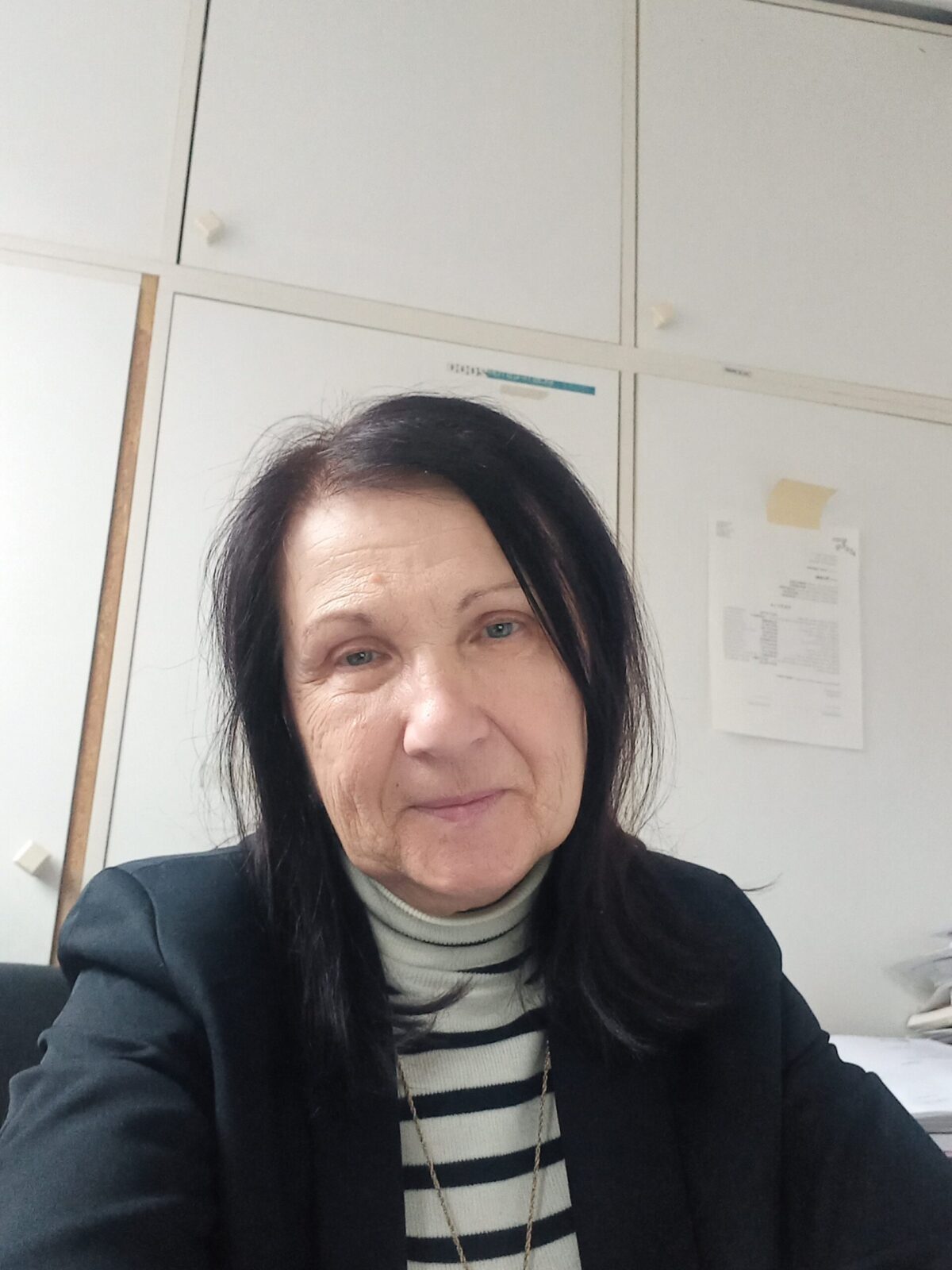What does the working day look like, their cooperation and activities that the five PRs of Belgrade-based theatres do
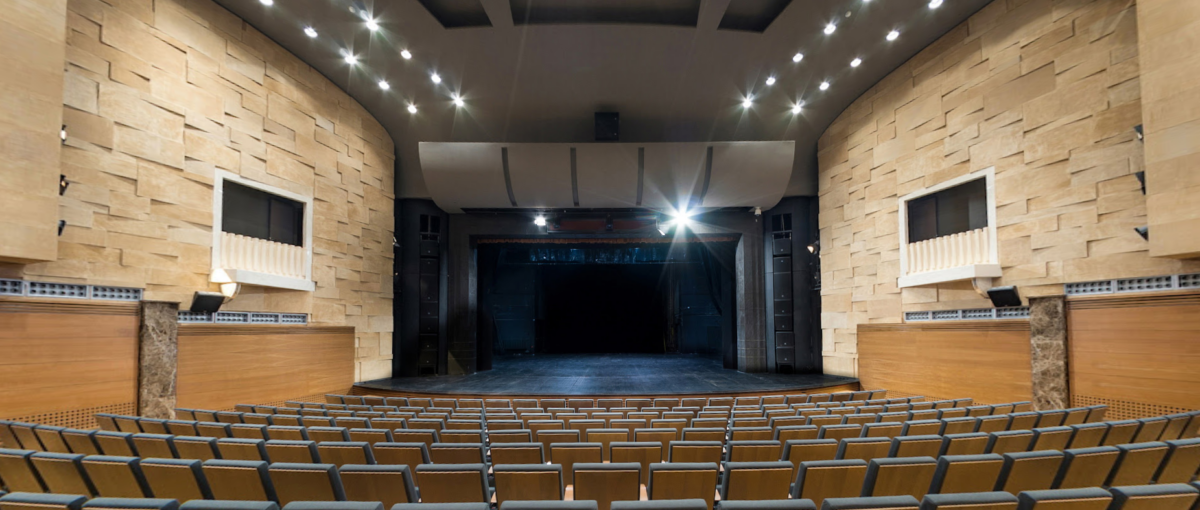 They are the women behind the scenes, whose job it is to take care of the details that others may not know anything about, but which these ladies deal with on a daily basis. These are five women who appear in front of the audience, but in the theatre foyer, to check whether the audience is greeted as it should be, whether everything is in order and if journalists can report the news from the event as easily as possible.
They are the women behind the scenes, whose job it is to take care of the details that others may not know anything about, but which these ladies deal with on a daily basis. These are five women who appear in front of the audience, but in the theatre foyer, to check whether the audience is greeted as it should be, whether everything is in order and if journalists can report the news from the event as easily as possible.
For many, the term PR is nothing but a buzzword that you hear about more and more, but hardly anyone really knows the true nature of their work. They fight with knowledge and different tools to keep Belgrade’s cultural scene alive.
This is why we dedicate this story to them. What does their working day look like? Do they collaborate with colleagues from other cultural institutions? How do they communicate with the audience? We talked about these topics with Biljana Šego (Atelje 212), Svetlana Paroški (Yugoslav Drama Theatre), Ivana Medigović (Terazije Theatre), Slobodanka Latinović (Boško Buha Theatre) and Tatijana Rapp (Opera and Theatre Madlenianum).
Every day is unpredictable
According to Svetlana Paroški, from the Yugoslav Drama Theatre, a typical working day involves various different tasks and challenges that she has to face.
“My working day usually starts by first checking incoming emails, then going through the press and video clippings. But, often the day starts differently. The first rehearsal in the theater means that you announce the news that you have started doing a play. That’s why I go to the rehearsal first, take photos that I send later with the news. If the premiere is approaching, there are already activities related to promotion, photography, printing of posters, backlights… Social networks are also an important part of my working day, and if it is the part of the month when the repertoire is published, that is primary. In general, the days are different, the most important thing is to know what the priorities are and then everything is achieved and done on time.”
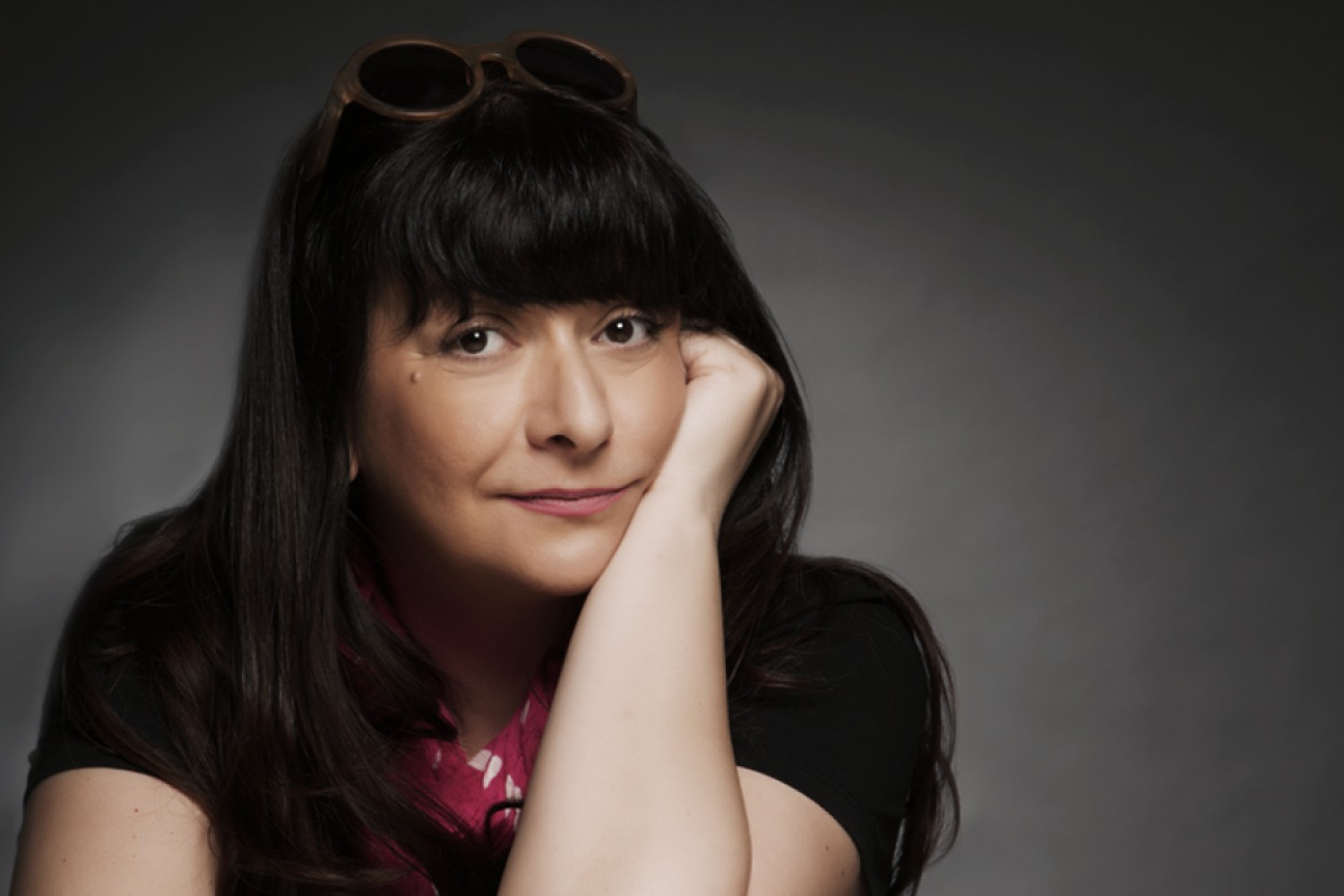
Slobodanka Latinović is an actress in the theater Boško Buha. According to her, not only she deals with PR, but also all their actors, employees, as well as their marketing team. Unlike the previous example, Slobodanka Latinović’s working day begins outside the office:
“My working day starts first with taking my child to school, then I walk the dogs and then I slowly embark on my working day with a sense of peace. If a play is in the process of being staged, I go to the theatre and do that play. In terms of new plays, we have ongoing rehearsals which usually take place after children’s plays. Then I stay for the rehearsal and once that is finished, I go home.”
It is interesting to note that Slobodanka Latinović actually started her career at the Boško Buha, playing Gerda in “The Snow Queen” in 1997, directed by Milan Karadžić.
“I played Gerda. That was my beginning at Boško Buha Theatre. When it was first staged, this play had its own special kind of magic and won various awards at many festivals. We won the hearts of the audience wherever we went and the play, believe it or not, is still staged to this day, with somewhat different actors. OK, with totally different actors. We’ll see how long it will last.“
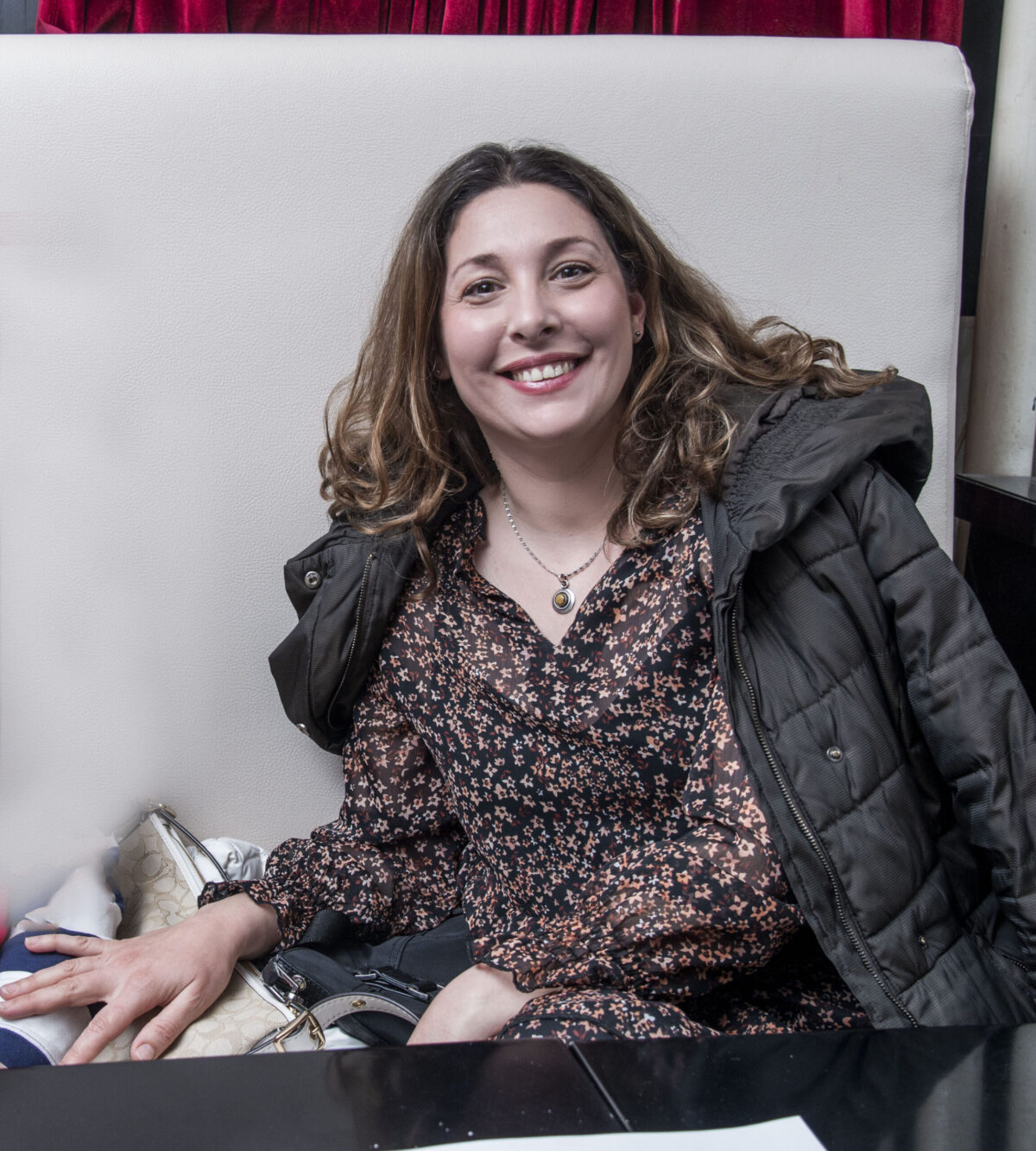
Tatijana Rapp from the Opera and Theater Madlenianum also starts her working day by walking her dog. She says that her creative process begins there and then.
“My working day starts at six in the morning and my brain thinks about work even when I’m not at work. As I’m walking the dog, I think about what I need to do that day. It’s always stressful in the morning because I also have a child who goes to school. Somehow walking the dog relaxes me and that’s when the creative part of my day starts. I am most myself in the morning, but when I get to the theatre, I’m in a tailspin. There are always unexpected situations for which have you little to no time to solve.”
I am most myself in the morning, but when I get to the theatre, I’m in a tailspin
At the Terazije Theatre, Ivana Medigović and her colleague Jovana Šuleić say that, although it is important to use all communication channels, none are as effective as word of mouth
“We need to invest in all channels, but one-on-one communication with people is the most important. Those comments that you hear right after the play are the best reflection of the play so that you can really see everything right away, i.e. what is the dominant emotion that the audience felt. You are selling emotions. We all care about our education and mental and physical health, but who cares about the soul? You know, theatre cares about the soul.”
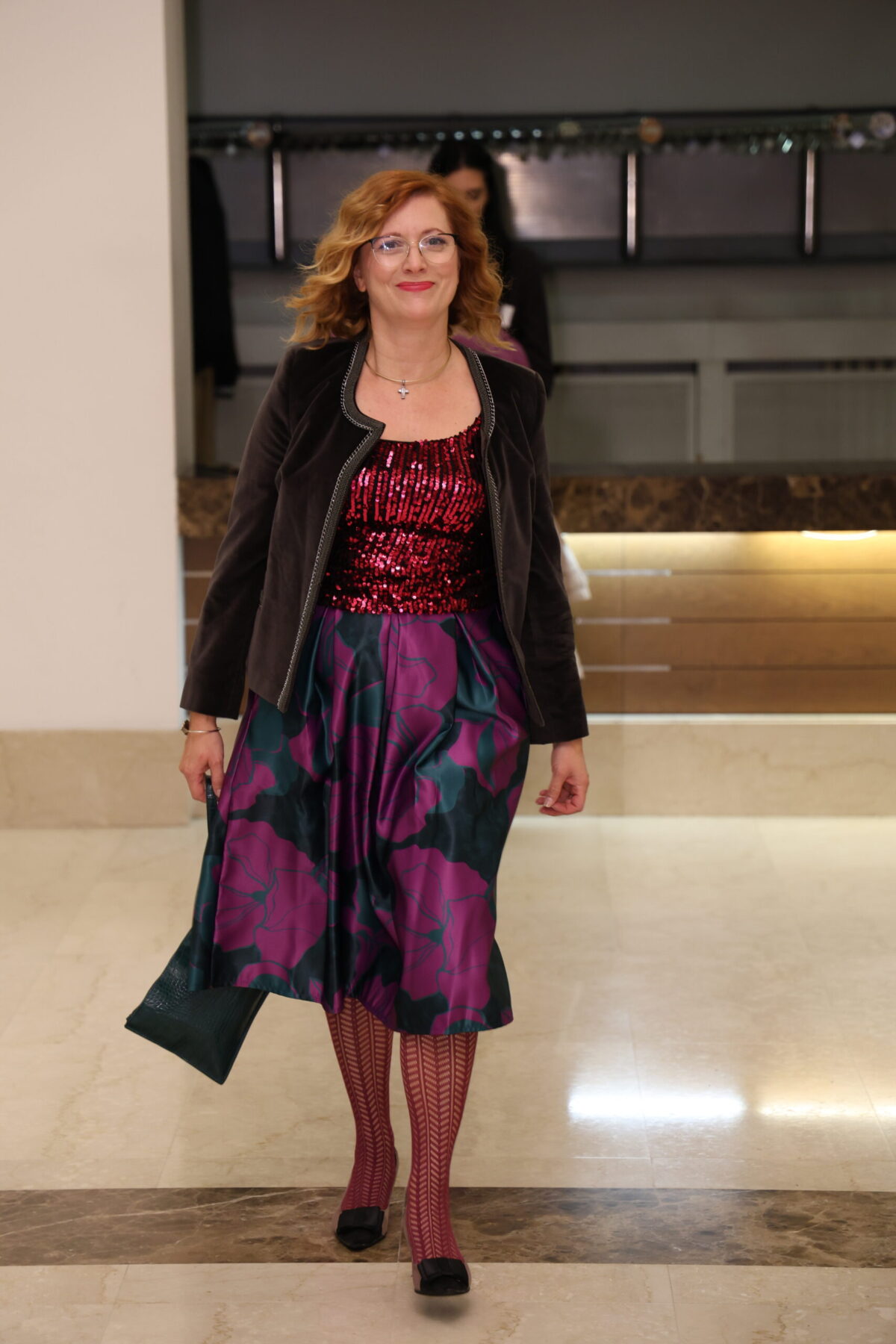
Svetlana Paroški from the Yugoslav Drama Theatre (JDP) agrees with this statement.
“I think that the interaction with the audience, apart of course, from the JDP having the good repertoire and long tradition, is very important, and that’s why we are thorough and careful. There is a saying that goes „Theatre is like a home“. In the theatre, we see family-like relationships and we are all one big family.”
Biljana Šego from Atelje 212 believes that the monthly repertoire is “the alphabet for every PR” and that it represents the main guideline that dictates how their working day will unfold.
„When the repertoire comes out, you know what will transpire that month in your theatre. When we have a regular repertoire, then we consult the sales organizers. We have various mechanisms for how we promote plays that are not premiering and how we can get the media to report about them again, which is either by handing out tickets or via special campaigns that we devise ourselves during the month.”
We share both information and problems
As for the connection between Belgrade’s theatres, it does exist and is present, as PRs communicate daily so that premieres and other important events do not coincide and that the interested media outlets can cover each of them with the same dose of attention and effort.
“Through e-mails, we make a schedule of conferences and all media events so that it does not happen that on the same day at the same time two theaters have an event to which they invite journalists. We are trying to make it a nice and decent collaboration “, says Svetlana Paroški from JDP.
Ivana Medigović from Terazije Theatre confirms that that type of cooperation does exist and that it fans out much wider, bearing in mind that colleagues from other Belgrade theatres share the same problems and are available to each other for any kind of help.
“When a different kind of cooperation is needed, whether it’s contacts, actors or some resources that they or we need, we absolutely complement each other, even though everyone has their own repertoire policy and way of functioning.”
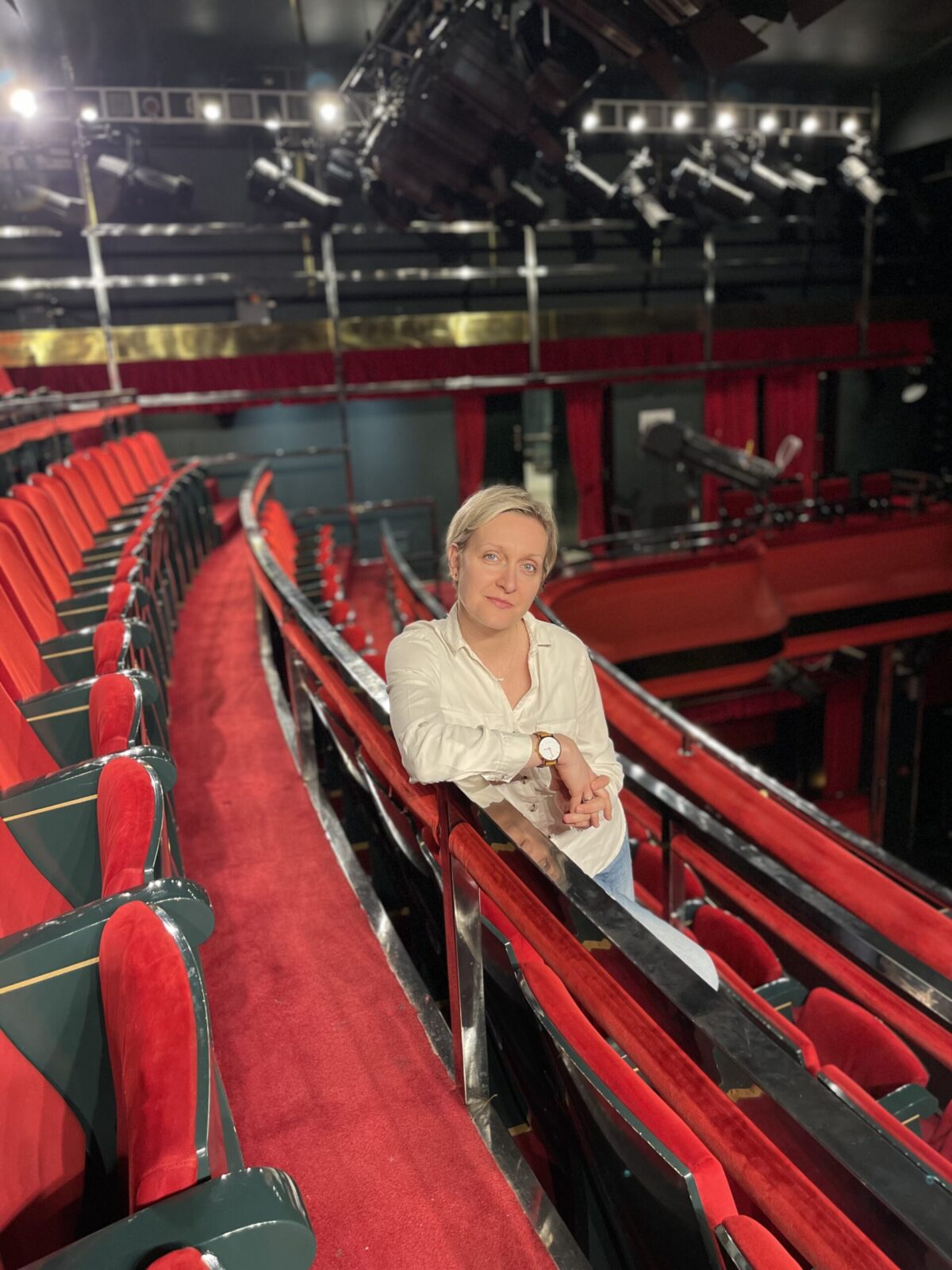
Tatijana Rapp from the Opera and Theatre Madlenianum shares the same opinion:
“We are very happy to meet up with our colleagues. This is a difficult profession, there is a crisis everywhere and the same goes for the media today. The number of TV stations and media outlets is growing and yet the number of journalists who can promote something that is top-notch art, like opera, is declining.“
However, Atelje 212 has a slightly different approach compared to colleagues from other Belgrade theatres. Since the COVID-induced health crisis, traditional press conferences have been completely stopped in this theatre.
“Atelje 212 has not been holding press conferences since the coronavirus pandemic. This is still an important media and strategic matter, but we have noticed that many journalists are more comfortable with the way we work now. Those who couldn’t come to our press conferences in the past were okay with us sending them a press release and relevant photographs, so we introduced the practice of not doing press conferences. This gave us better results,” says Biljana Šego.
The job dynamics are such that every day is different
The pandemic is something that all the interlocutors have touched upon. Due to the health crisis, theatres developed new practices that have survived to this day. Apart from Atelje 212, the Opera and Theatre Madlenianum did the same.
Tatijana Rapp explains:
“When everything stopped during the pandemic, it was a big challenge to keep the theatre working. When I proposed an online season, my colleagues looked at me as if I had lost all my marbles, but thankfully Mrs. Zepter had an ear for my idea. The journalists were grateful to me, because they had something to publish in the cultural sections. I also started doing interviews with artists for our website. It is our main channel where the audience can find out everything about our programs. Another channel is social networks, which we especially cherish.”
Boško Buha Theatre cooperates with schools in the production and preparation of the play “The Secret Diary of Adrian Mole”:
“The Secret Diary of Adrian Mole is a great play for the school-age because Adrian Mole is also of school age and the whole story is about life through the lens of a 13-and-a-half-year-old boy. There is falling in love, parents’ divorce and bullying at school. Thanks to this play, children have the opportunity to experience all of that together with him.”
After talking with several women from the public relations world, who dedicated their professional and personal lives to the theatre, one thing is certain – all of them are committed workers to the extent that they invest every last ounce of energy in what they say is their second home.
Maybe there are similarities between PR professionals in various segments of society, but building a relationship with theatre audiences is definitely not an ordinary job. It is a daily battle for survival of the cultural scene in Belgrade and this is also our take and the strongest impression after talking to these five fantastic women.
